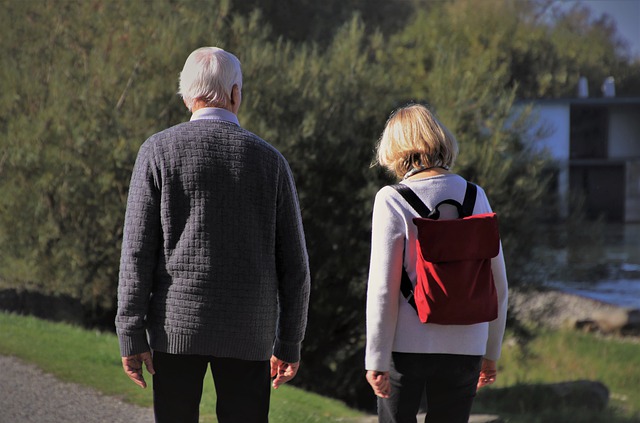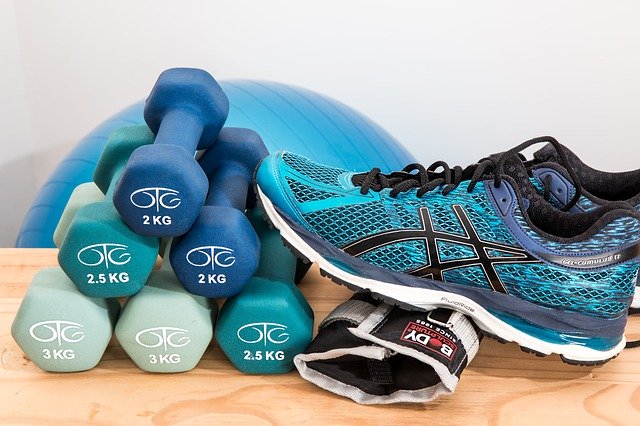10 TIPS FOR AGING PERSONS DURING A PANDEMIC
Older people face a higher risk of getting infected during a pandemic because they may have weaker immune systems, making them more susceptible to illnesses. Elderlies with chronic illnesses are exposed to a higher risk.
It is crucial to be aware of the best ways of looking out for them.
Here are other means of protecting you during a pandemic, if you form part of this more vulnerable group:
- Continue taking vitamin supplements
You must continue to take vitamin supplements to support a healthy immune system. Hence, it is wise to keep up with your supplements to help your body fight infections more effectively. If you are not taking any supplements, you can get in touch with your health advisor to find out if you can start, especially if you have any chronic illnesses. Some of the supplements recommended are vitamin B12, calcium, and vitamin D. it is essential to bear in mind that not all supplements aid in supporting a healthy immune system.
- Continue taking your medications
You must continue your medication while quarantined. Therefore, make sure you have your regular medication readily available or well-stocked. You can talk to a health professional about having access to 2 months of medicines during isolation. If you are living with other people, you can speak to them about your need to stock up on medical supplies as well.
- Thoroughly wash your hands
Washing your hands thoroughly or staying sanitized while you stay at home can never be overemphasized. Wash your hands thoroughly with soap and, ideally, warm water using the 20 seconds rule. Use antibacterial hand sanitizers and avoid touching your face, nose, and mouth. Keep your home and frequently touched surfaces disinfected.
- Maintain a healthy diet
Being in isolation does not mean you have to worry about not eating healthy. Making eating a healthy diet one of your priorities is advisable. Focus on foods that aid in boosting your immune system and foods that can protect you from infections and harmful viruses. Limit or avoid sugary foods, fatty foods, and alcohol. Focus on diets rich in lean meats as well as fruits and vegetables etc. Increase your intake of food rich in antioxidants, which help protect your cells from damage.
- Avoid sharing personal items
Avoid sharing personal or hygiene items such as utensils, water bottles, food, and bathing soap with others. This small reflex can play a significant role in protecting you and your loved ones from getting infected or spreading the infection.
- Get enough sleep
Getting plenty of rest is a compelling way of staying healthy and reducing your stress levels. Make sure you not only get enough sleep every night but that you get enough rest throughout the day. One of the significant reasons you may be more vulnerable to illnesses during a pandemic is due to too much stress and not getting enough rest. So make sure you reduce your stress levels by getting enough sleep, proper rest, and remaining active.
- Remain active
Staying healthy and remaining active does not necessarily require you to go out. You can continue improving your health even if you have to stay at home by being active every day. Moving around and getting active plays a significant role in helping your body fight off infections and inflammation. You can stay active by doing non-strenuous exercises such as doing household chores. You can also try meditation as well as stretching exercises if this is possible. However, you must avoid exercising for more than an hour a day to prevent fatigue.
- Keep in touch with your caregiver
A lot of older people have caregivers, and some are caregivers. If you have a caregiver and he or she cannot afford to come over to your house, you can keep in touch via calls or messaging. Talk to your caregiver about who can provide you with care if he or she falls ill. If you are a caregiver, you need to make sure that you and the person you are caring for take the necessary precautions to avoid getting infected.
- Stay at home
Understand that the advice to stay at home during a pandemic is good advice that is for your benefit. If you are not infected, stay at home as you are more vulnerable to getting infected. If you are concerned about groceries, you can do online shopping or ask a family member to do your groceries. Contact a health professional if you have a persistent dry cough and a high fever.
- Avoid large groups
If you are at a residential care home, make sure you avoid large groups. If you have a large family, make sure you keep a safe distance from others and avoid shaking hands or close physical contact.






